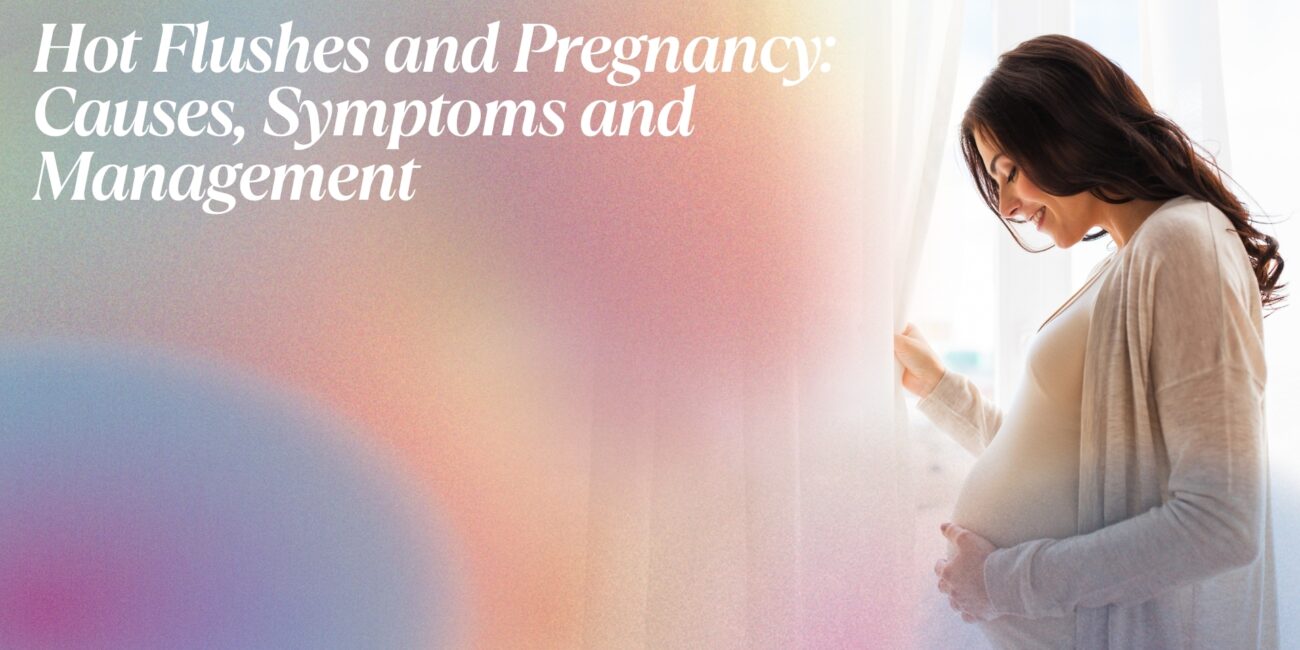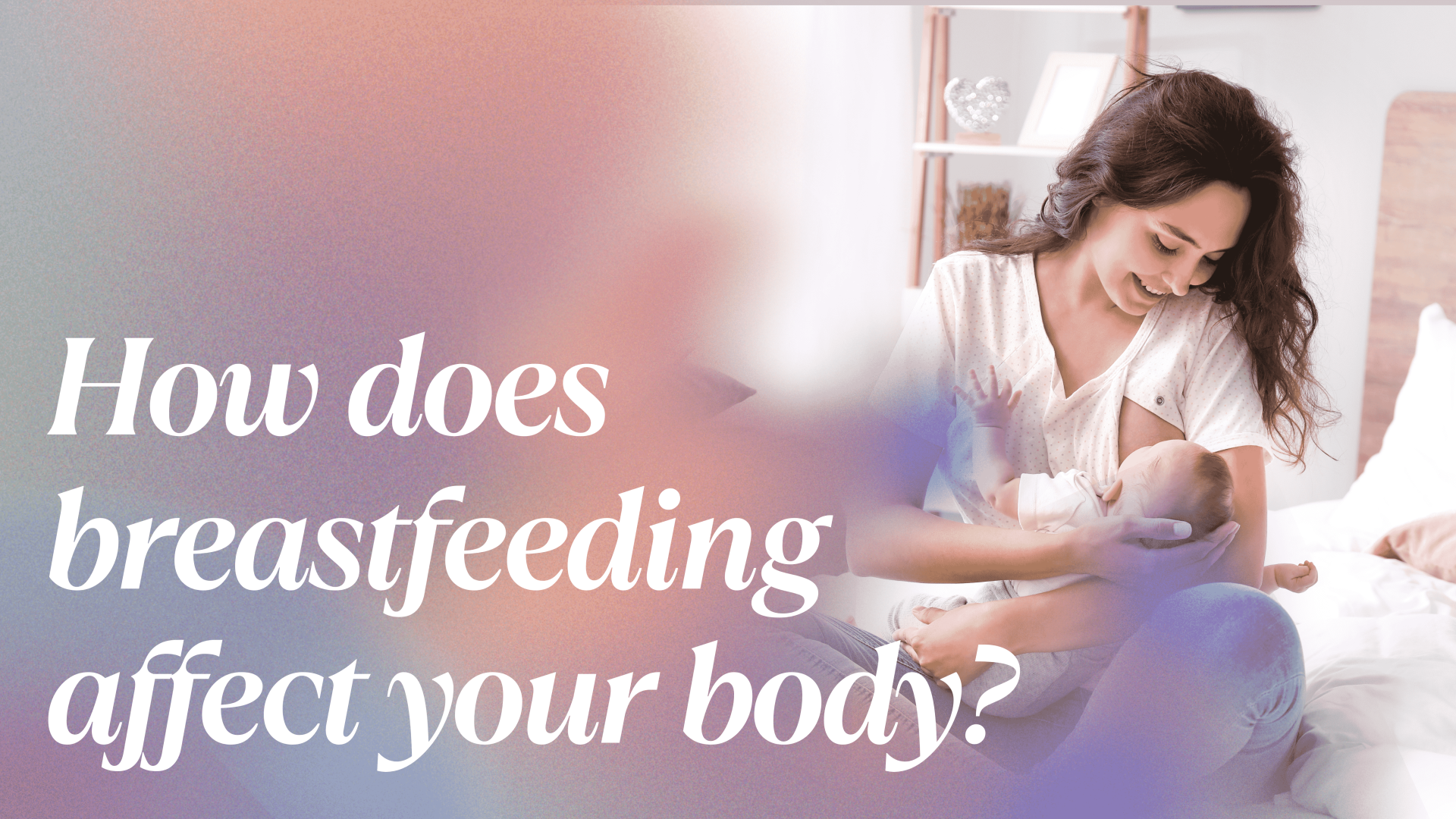Introduction
First-time mothers often find themselves inundated with questions and uncertainties about breastfeeding. Contrary to the misconception that motherhood brings instant expertise, many new mothers face a wide array of unanswered queries, each unique to their individual experiences.
Understanding the Changes in the Body during Breastfeeding
Breastfeeding triggers several physiological changes in the body to facilitate milk production and feeding. Colostrum, the initial milk produced, emerges around the 16th week of pregnancy due to heightened levels of prolactin, a hormone responsible for stimulating milk production. Following childbirth and placental expulsion, a decrease in estrogen and progesterone levels and a rise in prolactin prepare the body for immediate breastfeeding.
Skin-to-skin contact between mother and baby further stimulates milk production and encourages feeding. When the baby suckles, it prompts nervous impulses to the brain, triggering the release of more prolactin. Additionally, suckling induces the release of oxytocin, which stimulates the milk ejection reflex, facilitating milk flow from the breast.
Oxytocin also fosters feelings of calmness and relaxation, enhancing the bond between mother and baby. Research suggests that babies absorb oxytocin from breast milk, further deepening the bonding process.
Common Sensations During Breastfeeding
1. Increased Fatigue: Breastfeeding consumes significant energy, coupled with the emotional toll of new motherhood and hormonal fluctuations, leading to exhaustion. Prioritizing rest and sleep becomes crucial during this time.
2. Mood Swings: Mood fluctuations post-childbirth, characterized by low mood or mild depression, are common due to hormonal shifts. Continued breastfeeding can further reduce estrogen and progesterone levels, contributing to feelings of anxiety and irritability. While oxytocin may offer some relief, individual responses vary. Hormonal levels usually stabilize after breastfeeding cessation.
3. Heightened Appetite: Increased hunger during breastfeeding is normal, driven by the energy demands of lactation and influenced by sleep deprivation. Breastfeeding mothers typically burn an extra 300 calories daily, aiding in postpartum weight management.
Conclusion
The breastfeeding journey for first-time mothers is marked by uncertainties, physical changes, and questions. However, it’s crucial to recognize that each woman’s experience with breastfeeding is unique. Seeking support and guidance can significantly reduce concerns.
Breastfeeding triggers remarkable physiological changes in the body, from colostrum production during pregnancy to hormonal releases like prolactin and oxytocin during breastfeeding, all geared towards nurturing and bonding with the baby.
While sensations like fatigue, mood swings, and increased appetite are common during breastfeeding, proper rest, support, and nutrition can mitigate these symptoms. Understanding breastfeeding’s role in postpartum weight loss offers reassurance to new mothers.
Despite its challenges, breastfeeding fosters connection, bonding, and nurturing between mother and baby. With patience, support, and knowledge, mothers can navigate the breastfeeding journey confidently, finding joy in these special moments with their little ones.
Resources : https://www.livi.co.uk/your-health/breastfeeding-whats-happening-in-your-body/





 No products in the cart.
No products in the cart.